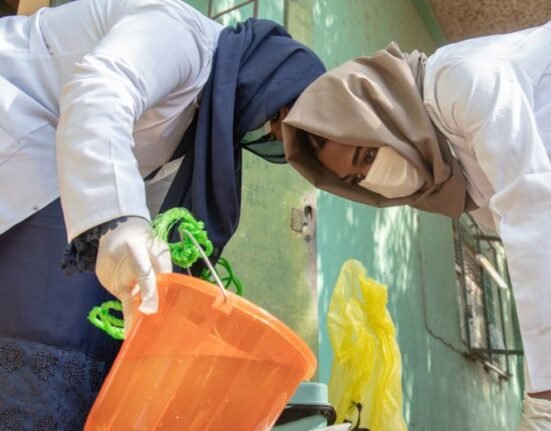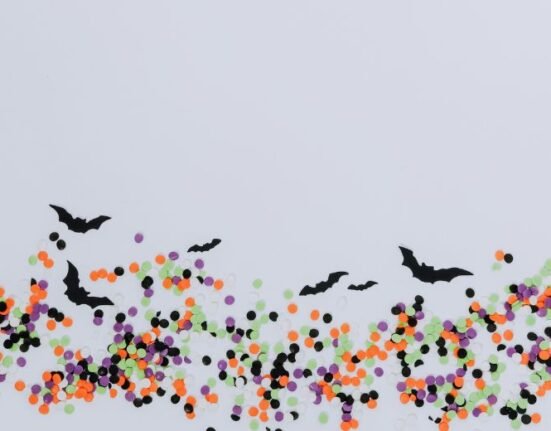HQ Team
September 23, 2023: The global incidence of cholera doubled in 2022 year-on-year because rising floods, droughts and cyclones due to climate change triggered new outbreaks and worsened existing ones, a WHO report stated.
Current data for 2023 suggest that this global upsurge is continuing. Twenty-four countries are currently reporting active outbreaks, with some countries in the midst of acute crises, according to WHO’s cholera statistics for 2022.
Cholera is an acute intestinal infection that spreads through food and water contaminated with faeces containing the bacterium Vibrio cholerae. It is closely linked to the lack of adequate safe water and sanitation, due to underdevelopment, poverty and conflict.
Data for cholera remained inadequate and 44 countries reported cases — a 25% increase from the 35 countries that reported cases in 2021.
The outbreaks reported were larger. Seven countries –Afghanistan, Cameroon, the Democratic Republic of the Congo, Malawi, Nigeria, Somalia, Syrian Arab Republic–have each reported over 10,000 suspected and confirmed cases.
Vaccine scarcity
“The larger the outbreak, the harder it typically is to control,” according to the WHO report.
The increased demand for cholera materials has been a challenge for disease control efforts globally. Since October 2022, the International Coordinating Group (ICG)—the body that manages emergency supplies of vaccines—has suspended the standard two-dose vaccination regimen in cholera outbreak response campaigns, using instead a single-dose approach.
The WHO has appealed for US$ 160.4 million to respond to cholera through the global strategic preparedness, readiness and response plan. An amount of $16.6 million has been released from the WHO Contingency Fund for Emergencies for cholera response in 2022 and 2023.








